LONDON . – It’s rare to see a director remake his own work – yet Chilean filmmaker Sebastian is by no means a conventional filmmaker. We had the pleasure of spending some with the Oscar winner (for A Fantastic Woman) on why he chose to remake Gloria, and set it in America, with Julianne Moore in the title role. He discusses his admiration for the actress, what has changed with this new version, and why he is so compelled as a storyteller to share such female-centric movies. He also comments on the new-wave of Chilean cinema, and of what the future holds for himself personally.
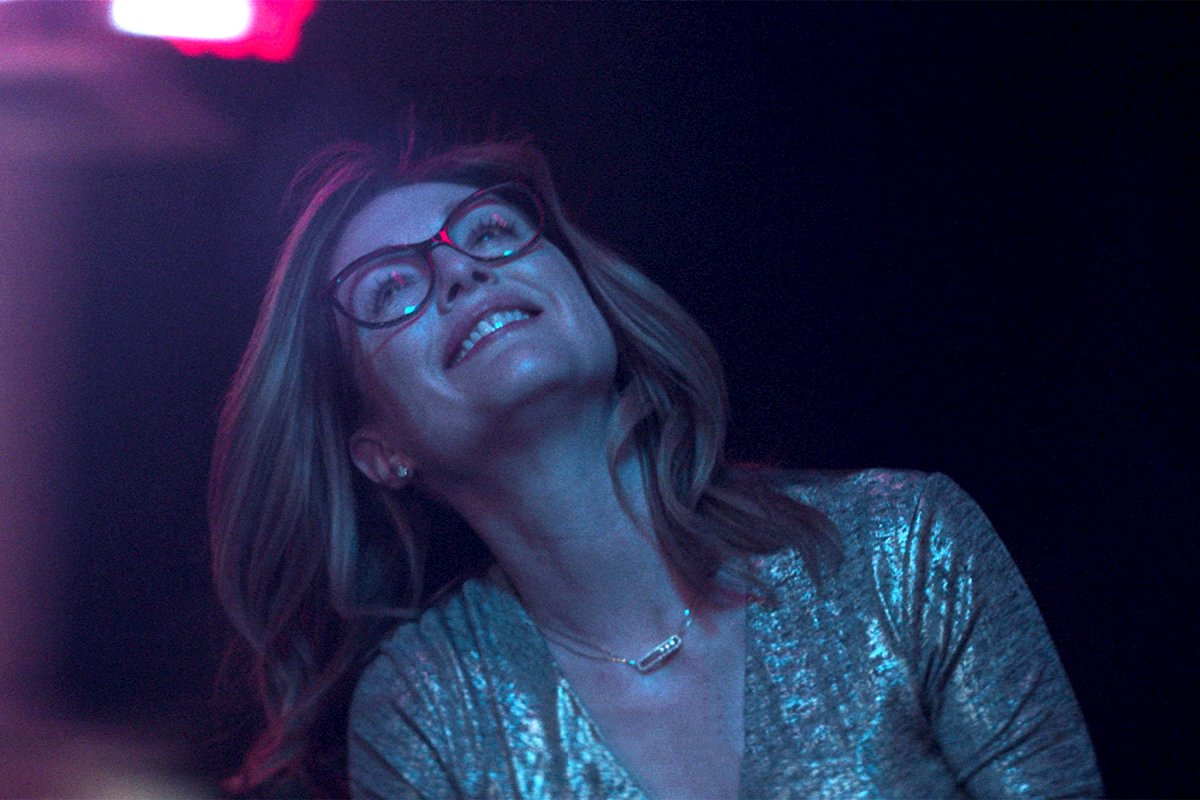
What inspired the decision to remake one of your own films?
Julianne Moore, it’s as simple as that. She had seen the original film and I was told that she loved it and wanted to meet with me, but didn’t want to do a remake, and that makes sense because I was interested in remaking my own film myself. But we met and it was magical, it was really something. She was talking passionately about the first film and I was really touched by that. I said to her, thank you, it had been an honour and that I totally get it if she doesn’t want to do a remake, but she said she would only do it if I directed it. And I said I would only do it if she was in it, so it was automatic. We hugged, then that was it. As simple as that.
Even though you meet and work with so many incredible people, when you discover someone like Julianne Moore is a fan of one of your films, is that still quite overwhelming?
Always. Every time I see her I feel that. I’ve always admired her and to have the chance to see her channeling Gloria, and incarnating her, and see her version of this archetype was going to be was really a luxury, a great gift.
Did it feel like you were directing the same character, or did it feel like a completely different person?
I felt we were exploring the same character, I liked the idea of an archetype. But I was seeing a different vibration, a different result. That was really fascinating.
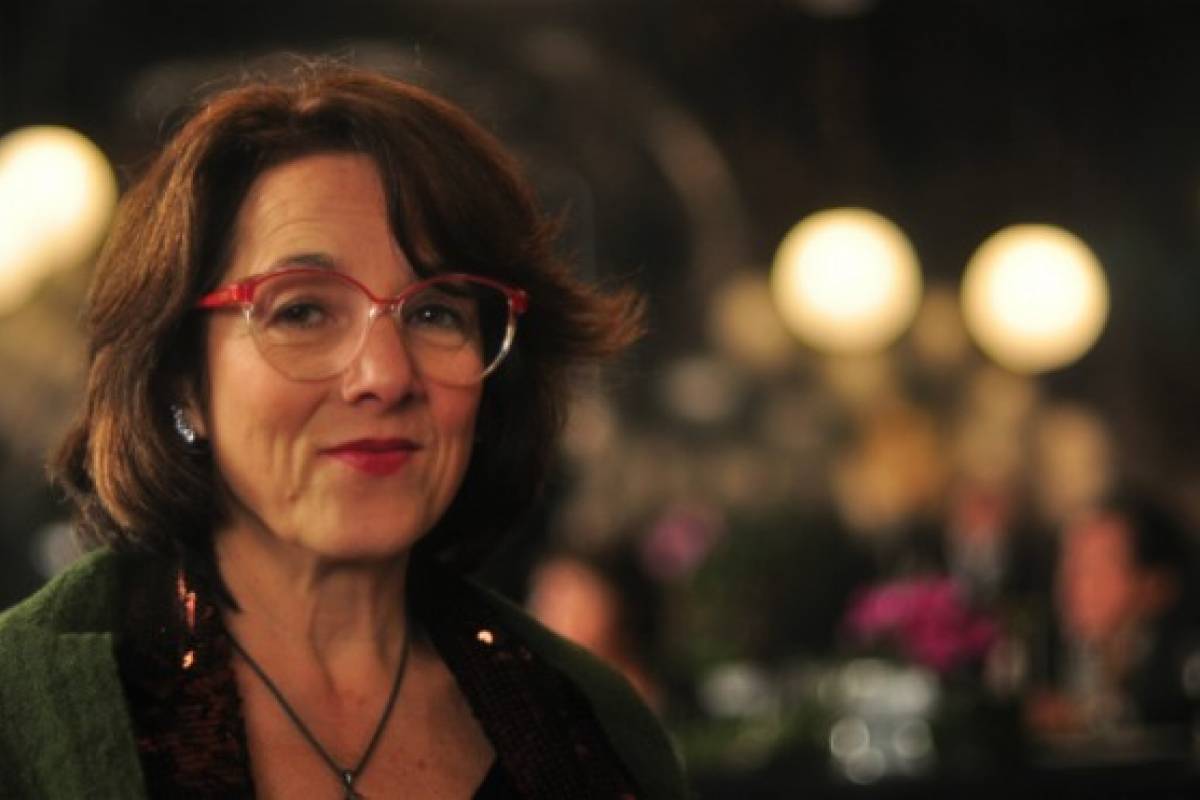
It’s shot frame for frame, so what kept it fresh for you? You’re telling a similar story in a similar way, so what made it feel new and original to you?
I didn’t want to deform the original story, if this was a music cover, or a new version of a song, you don’t want t change the melody, you want to honour the melody and see what happens with the new rock band. This is the analogy I like the most, even more than the analogy of a theatre player. Because it has something of that attitude. It’s an original text and then you stage it again like a theatre play with a new set of actors in a different moment of your life, in a different culture. So why can’t we do that in film? Who says that it’s not possible? Well, statistics, they’re not on our side, because usually remakes are made by people who are not originally involved in the first project, and they’re made for strange reasons, and it’s hard to make them work. So I thought it was exciting, a challenge. But when I relaxed about not having to change the story it all became about working in a limited territory, and adding more layers of complexity and subtleness, and the great actors who accepted to be in the film were essential, especially Julianne.
So what changes about this story by moving to America? What were the subtle changes that derive purely from the change of setting?
I think this version has a different type of weight. Maybe because the character Arnold is younger than in the first version, they’re in a more similar place in terms of age and eventual future of opportunities, and that changed the balance between the characters. But the main thing is that this is the ultimate portrait of a woman. She is in every frame, she’s aways framed, seen from every possible angle, she’s going through the entire emotional spectrum. Interpreting things that have different tonalities. So we really have time to get to know her, and if you change the woman/actress who is interpreting a character who is being observed with such intensity, then even if the story doesn’t change, the DNA of what is being portrayed changes. So for me that’s the main difference.
With Julianne being in every frame, shot from every angle, were these all decisions that come before you’re out on set? Or do you still make quite technical decisions on the spot? Are they ever spontaneous, or is it very meticulously pre-planned?
I come and go, it depends. I like to draw my films, because it’s a way to pre-film everything. But then there’s always space to change and to modify things, but the clearer view of the film, I like to have a plan before shooting, so I spend the shooting time diving it as opposed to exploring how to deal with where I put the cameras. Maybe because I’m so inclined towards the stillness of the performances.
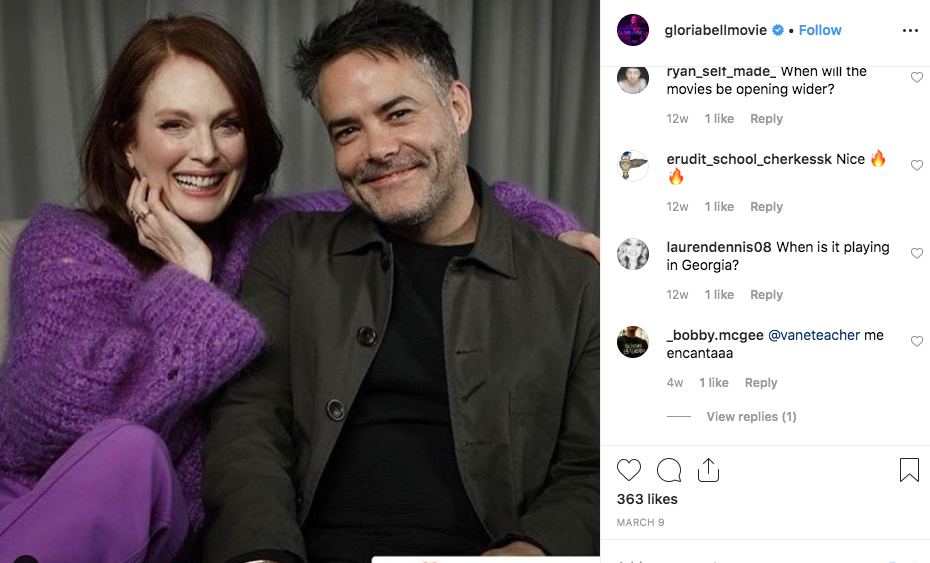
Even though it feels so searingly realistic, there’s something so unashamedly cinematic about the film. Do you think that your perception of America is built and informed so much from cinema, that the story shares your cinematic perspective?
Maybe. That’s a fascinating question. Probably I was affected, who knows. But we tried to really add a subtle vibe of a dreamlike quality to everything, the colours, way the cameras floats, the score which is very dreamy, I guess contributed to that feeling. I wanted to create some tension between the realism and the tone.
It’s such a great soundtrack. Tell me a little about picking the songs? It felt like they were all in line with her arc.
Thank you! It was so difficult to get that done, because it’s very expensive to have music. You want some songs then you find out you could never afford it, so you need to find solutions but that alters the balance because we were telling a story with the music. Gloria Bell is like a hidden musical, music and songs pop up, and she sings or dances to them and it reveals some aspects of her process, because of the lyrics or the energy of the songs and the emotion they transmit. So it was great fun to put them together, but it was difficult. But I am very proud of the group of songs that are there. I was always exchanging what I was choosing with Julianne, because I wanted her to be excited and comfortable, so it was real, real fun. And one main difference between this and the first version, is that now there is an original score, and that elevates the film too.
Of course so much attention is on Julianne, who is worthy of it, but John Turturro is heartbreaking. How important is it that his character remains sympathetic? Because he gets a bit… desperate. But I still felt empathy towards him. Was that always the intention on the page, or something that John brought to the role?
John is an amazing actor, and he really created empathy for a character that could so easily be dismissed, in terms of connection. But he has got that capacity, and such subtlety. It’s a hard, difficult character to interpret, but he does it with great grace. It’s hard for me to film my characters cynically. I have to find a way to be on their side, otherwise I wouldn’t know where to put the camera, and I think I understand Arnold, I think he’s trying. He fails, but he’s really trying, and that was my connection to him, and that also helps.
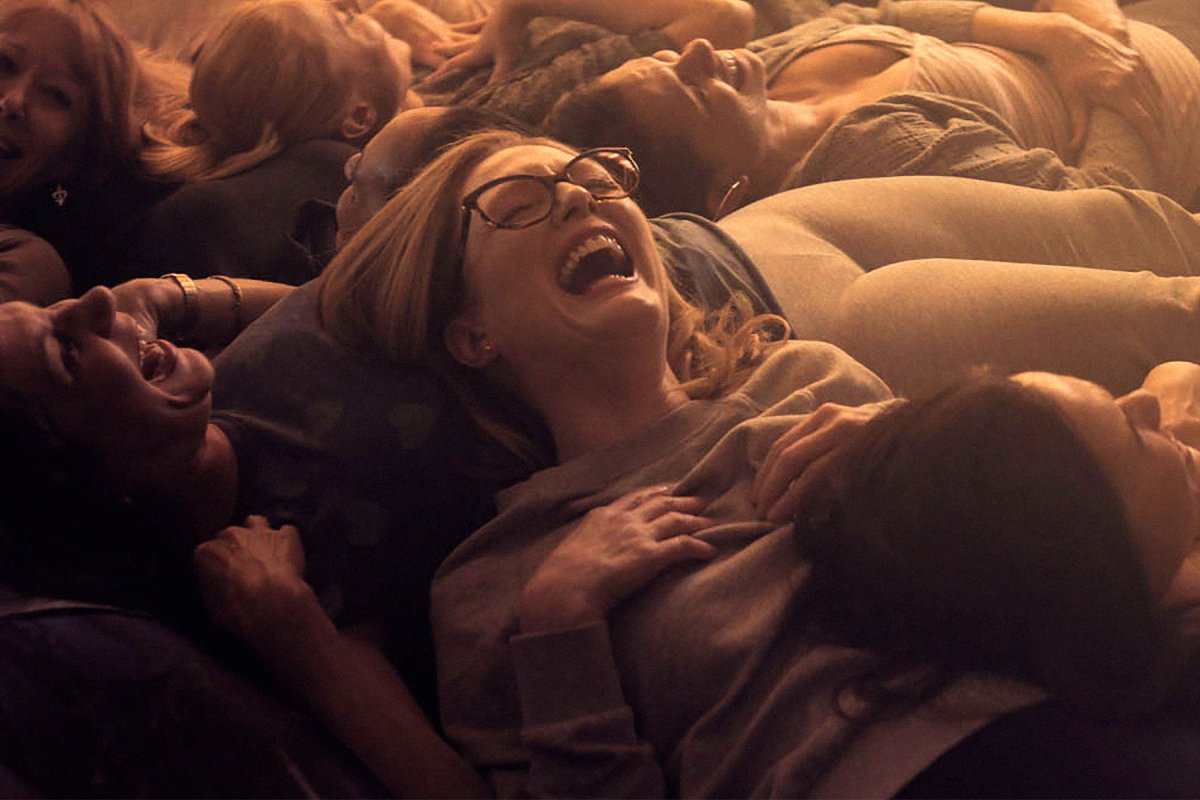
But you do seem so interested in telling very female-centric stories. Where does your understanding of women come from? And what compels you to tell stories of this nature?
I don’t know where it comes from, but it has always been there. My very first exercises in film school were about women. My very first short film was about four women. It has been there. I grew up surrounded by women, maybe that influenced me, but I don’t know, maybe it’s a phase, an episode. I just feel really attracted and intrigued and interested.
One of those is A Fantastic Woman, which of course won the Oscar. What did that success do for you? Has it had an impact already?
Well, yes. I come from Chile and I was making films in Spanish, and I transitioned to films in English before the Oscar, because I made Disobedience and Gloria Bell both before the Oscar, even before being nominated. So those films are “Oscar innocent”. But then the Oscar consolidated that, and there’s more interest now, which is a good problem to have and I’m grateful for that. I guess the real reward behind the word is to earn the right to continue, which is the best.
Do you want to stay in the English language for a little while yet? Or do you plan to go back and make films in Chile?
I will explore it further, and I would love to continue making films in English, but at the same time of course I would love to make more films in Spanish and in my country. I would love to operate in both worlds, but for now, what I am developing, it’s in English.
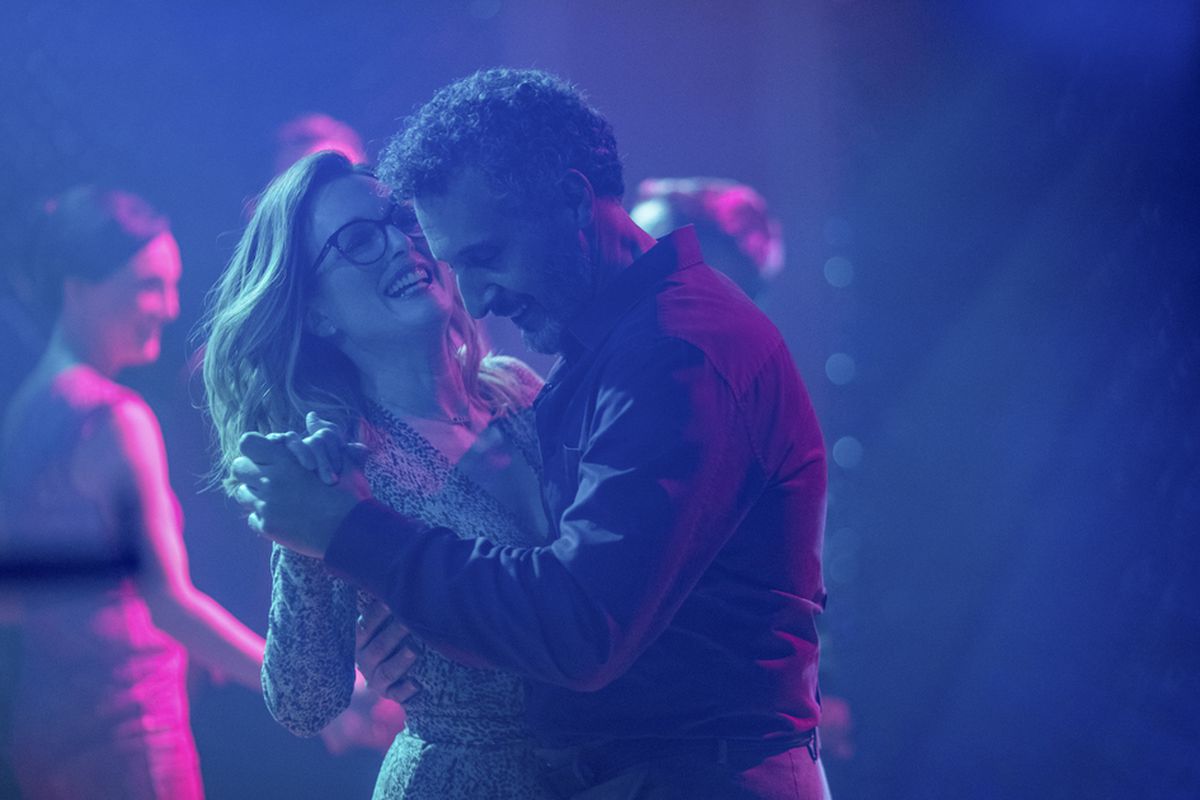
From an outside perspective, there seems to be a real Chilean new-wave. Is there a buzz from inside Chile as well? Are you guys aware of this exciting time?
We are, and it happened to us in a very organic way. That generation belongs more or less to the first generation that came back to the recently reopened film schools after they were banned for 20 years during the dictatorship. So we had films inside, but when we released our first films in the same year, like me and Pablo Larrain for example, we’re all friends, and of course, Chile is such a small country and the film world is tiny, so of course we are aware, but it has been a lot of work, and we’ve been trying to find ways to secure ways that we will make films, period. The after effects of that have been, at least for me, quite surprising. At least I have never operated under the logic of ‘oh I want to win an award’ or ‘I want to do this film so I can film in English’. No, everything has happened has unfolded organically, which is nice and interesting.
Are there any palpable differences between shooting a movie in America and Chile? The way it all operates?
There are certain nuances in the filmmaking culture, but really, at the end of the day, it’s the same. You have the camera, the actors, and you’re always running late, so it feels like home.
And always low on budget.
Exactly.
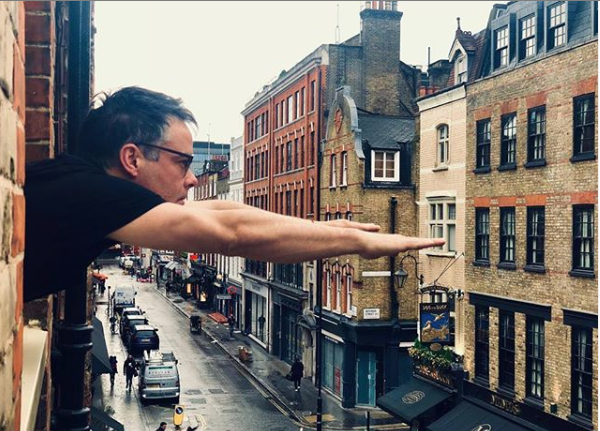
You’ve mentioned a future project – are you at liberty yet to divulge any information about it?
Not yet. The only thing I will say is that it is exploring new territories.
You’ve been prolific to date – is that just how you like to work? To always be busy?
Yeah, it’s the only thing that calms me.

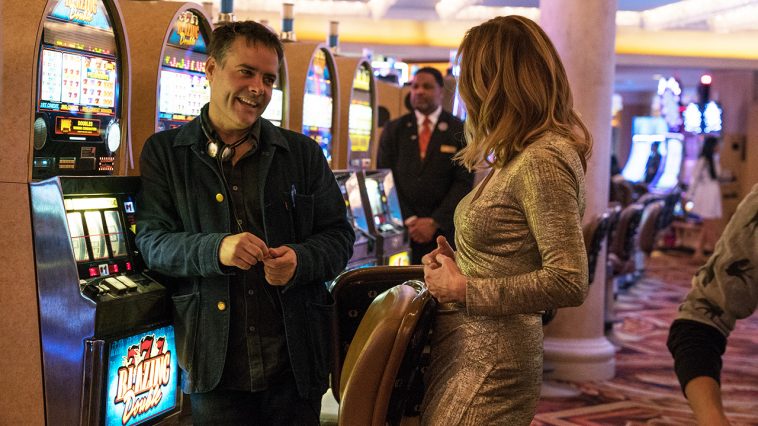
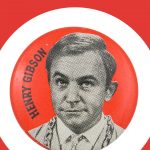



Leave a Comment